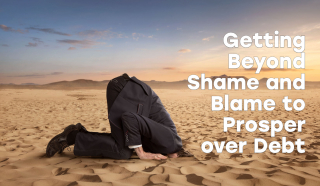Borrow
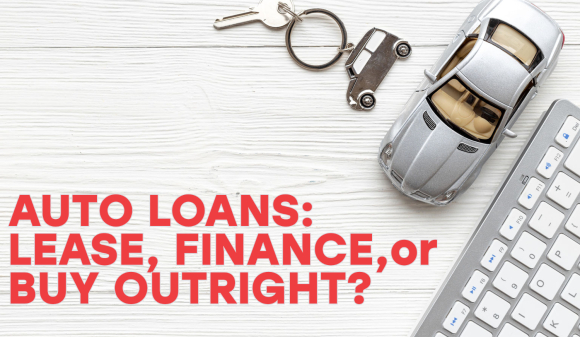
Lease, Finance, or Cash Purchase: Which is the Right Option?
When the time comes to purchase a new vehicle, there are so many questions that individuals face: should I buy new or used, from a dealership or online, lease, finance, or buy with cash? While the numerous questions can be overwhelming, in this article, we aim to tackle the age-old question of whether you should lease, finance, or outright purchase a vehicle.
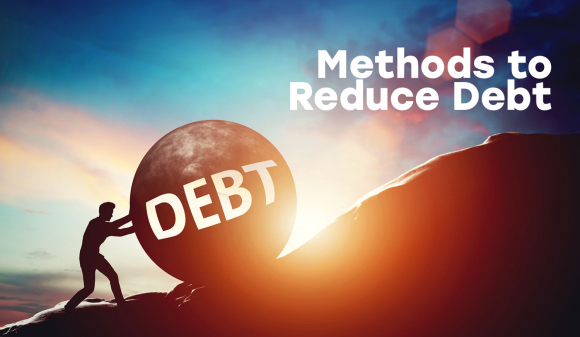
Most individuals will have debt at least at some point in their lives, if not for most of their lives. The most challenging aspect of having debt is how to properly manage and maintain debt levels so that they are within one’s boundaries of income levels and affordability. Debt comes in many different instruments and lifespans, but the two main aspects to debt are the principal and interest amounts. When making a payment towards debt, that payment will be made towards two key aspects: the principal amount and the interest amount.
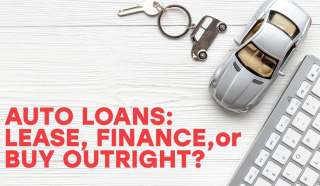
Lease, Finance, or Cash Purchase: Which is the Right Option?
When the time comes to purchase a new vehicle, there are so many questions that individuals face: should I buy new or used, from a dealership or online, lease, finance, or buy with cash? While the numerous questions can be overwhelming, in this article, we aim to tackle the age-old question of whether you should lease, finance, or outright purchase a vehicle.
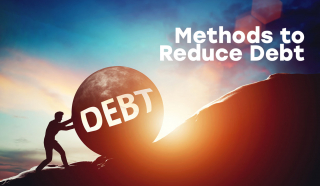
Most individuals will have debt at least at some point in their lives, if not for most of their lives. The most challenging aspect of having debt is how to properly manage and maintain debt levels so that they are within one’s boundaries of income levels and affordability. Debt comes in many different instruments and lifespans, but the two main aspects to debt are the principal and interest amounts. When making a payment towards debt, that payment will be made towards two key aspects: the principal amount and the interest amount.
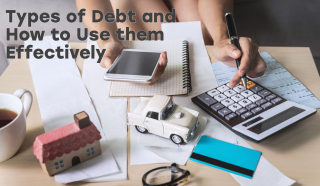
In this article we are going to explore some of the main types of debt that are offered to consumers and what the best uses of debt can be. We are often trained to believe that debt is bad and that, if possible, we should have zero debt. While having zero debt allows for peace of mind and an easier lifestyle, it is not necessarily attainable for most, and the reality is that not all debt is bad. Obtaining debt is much like gaining trust, it starts off small and incrementally gets larger as time progresses and more trust is built.
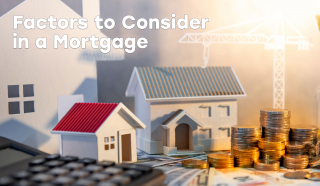
The largest amount of debt that most individuals will have in their lifetime is probably a mortgage. A mortgage is a term loan that allows an individual to purchase and own a home, using a fraction of the purchase price as the down payment. Financial institutions lend out mortgages to individuals and will use the physical house as collateral against the loan. This means that if the individual purchasing the home suddenly cannot make the mortgage payments or defaults on the loan, then the bank can repossess the property.
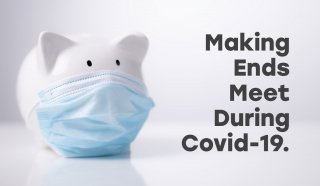
Ellen Roseman chats with Stephen Weyman from howtosavemoney.ca on ways to make ends meet during Covid-19. They discuss government programs, payment deferrals on loans and credit cards, saving on usual monthly expenses like utilities, creating an emergency fund and his three best tips for financial success.
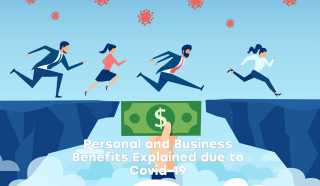
Have you been affected by the Covid -19 pandemic? Janet Gray, Certified Financial Planner, and Ellen Roseman discuss the different benefits that are available to Canadians and Canadian businesses rolled out by the Government of Canada. They discuss the Canadian Emergency Response Benefit, Canada Emergency Business Account and a host of other benefits that are available.


